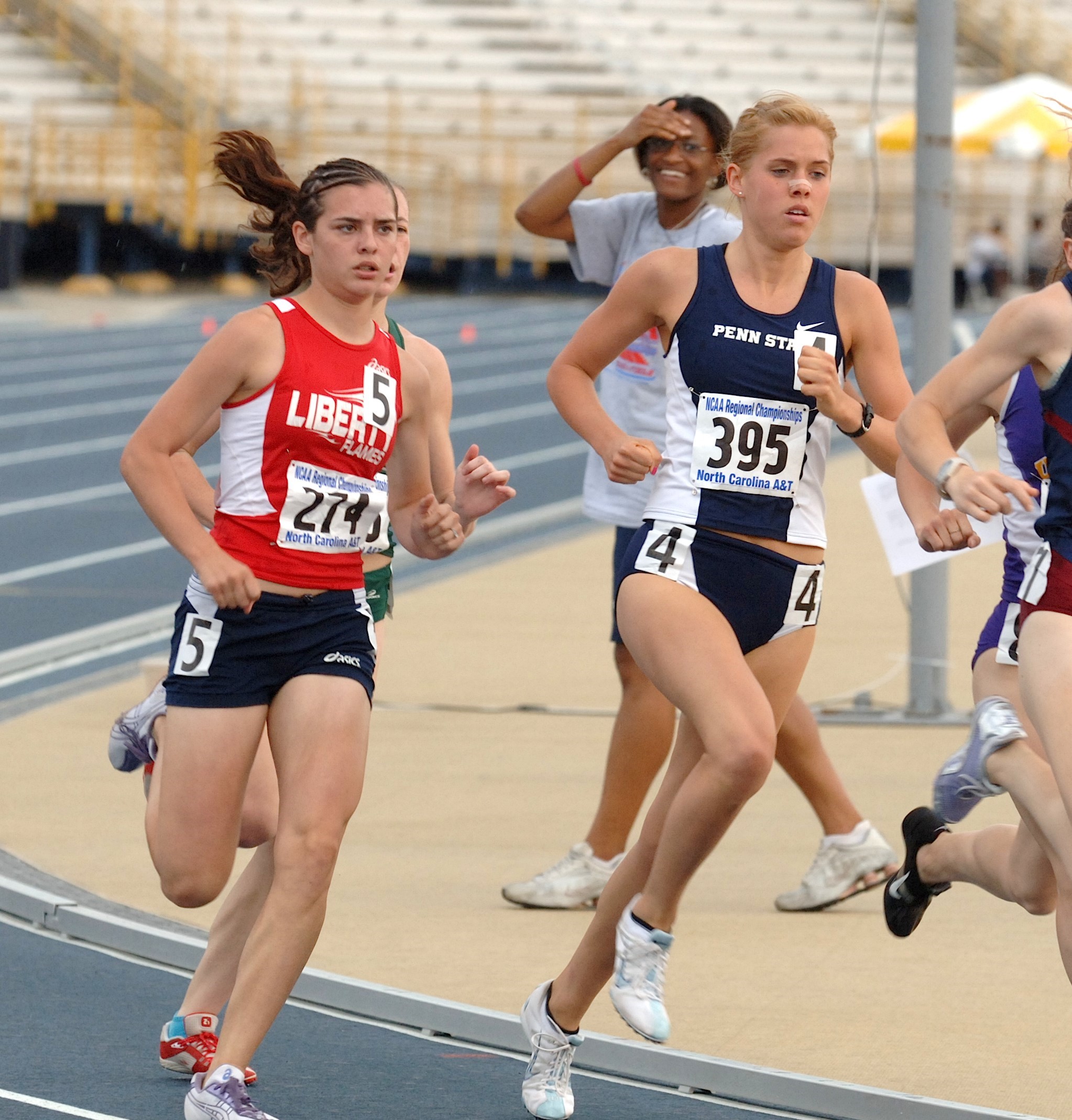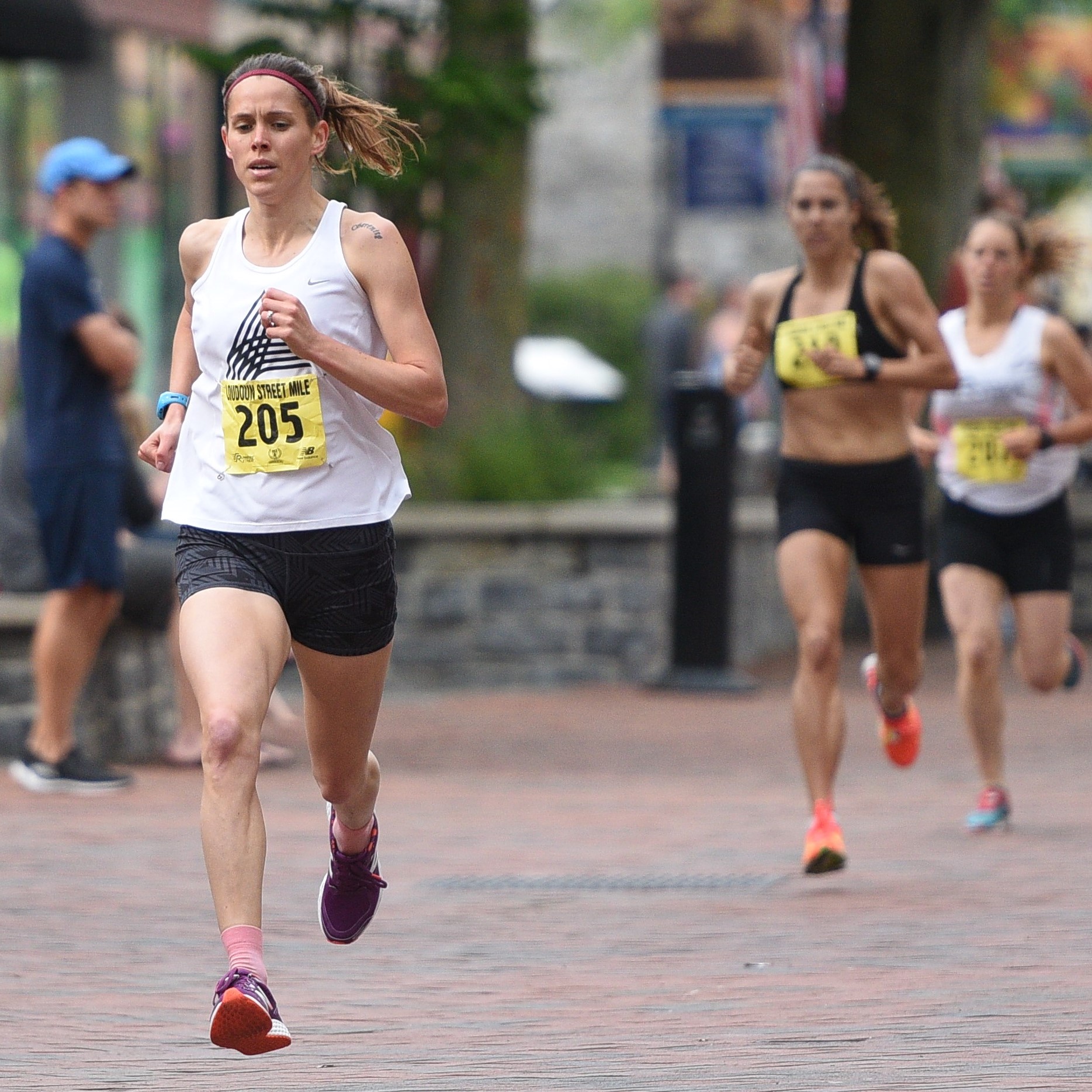First Injury
Your first injury bet you didn’t see that one coming. But then again, no one talked about getting injured on the team. It seemed like everyone was perfect.
Developing multiple stress fractures your freshman year and needing surgery for tarsal tunnel syndrome your sophomore year was less than ideal for what you thought your college experience would be like. These injuries were unique, but the first you developed in your running career. After all, you were a low mileage runner in high school. The thought of not running for a year was scary as hell. Like everything you ever loved was ripped out of your hands and you were left all alone to self soothe and manage. A dark shadow crept in your spirit. Not knowing what depression was hurt you.

You lived in misery without telling anyone. Smiles on the outside, chaos on the inside. It was during that time that you often weighed the value of your life on earth. Your sparkle dulled once more through surgery and all the cross training. There is only so much fun you can have while aqua jogging all alone at 6AM. You tried your best to stay apart of the team atmosphere. Life was not the same when you couldn’t talk about the “hard work out” or what you’re going to pack for the away meet. Through this place of isolation, you wanted control over something, ANYTHING.
Eating Disorder
Food was that something. Depression followed you but became second place. You became best friends with a friend you didn’t want but couldn’t get rid of. You had this overwhelming feeling like you were never enough. That you would never be fast enough or lean enough. The mold you were trying to fill was not a mold for you at all.
When you came back from summer break sophomore year after you developed an eating disorder and your coach said, “That’s what a real athlete looks like” at pre-season practice, you clung to it. You finally felt like you fit in and what you were doing to your body was paying off. That your body gave you value.
- Running fast that year meant putting your body through hell on the inside and outside.
- It meant feeding off any compliments about what your body looked like.
- It also meant losing friends and shutting people out.
- It also meant lying to the people that loved you the most.
- It also meant going through multiple cycles of injury, depression, and anxiety for the next 6 years of your life.
- You even almost quit the team after you had an anxiety attack during a workout and felt like you hit rock bottom.
- The thought of giving up control was scary. Happiness was never hard to find for you.

But it was from then on. You looked at yourself in the mirror every day and wanted so badly to be living a different life. To be free.
It was so easy to pretend. It became natural to fake happiness. Being strong and acting like nothing was wrong was part of your identity.
You carried the weight of an eating disorder on your own for 10 years. You wanted to be the perfect athlete, to be appreciated, to have meaning. The remainder of your college experience as an athlete was largely a blur. Often a tough experience can purposely be forgotten or shut out from memories. It was a cycle of injuries, maintaining secrecy, and getting by. You graduated feeling unsatisfied, yet relieved. Relieved that maybe there was hope to recover somewhere down the road. For a long time thinking about your collegiate experience was a place of the what-ifs and how fast you could’ve run. What would it have been like if you were healthy?
Crumbling Dreams
The conversation about becoming a 2:05 800 meter runner went out the window years ago. As did your hopes and dreams.
Secrecy continued to hurt you. And at that point you were a young professional, still searching for yourself & what you wanted to do for the rest of your life, but still battling an eating disorder that took over your life.
It was at that point that your tribe began to form. The tribe of people that aided in your recovery and overall healing. Your faith and hope also created a place of healing. Your husband, family, friends, former teammates, counselors, psychologists, and dieticians became the real life heroes. They were people that genuinely cared about you as a whole person. One thing that you searched for through collegiate running and your relationships was the concept of unconditional love.
Disclaimer
The Content is not intended to be a substitute for professional medical advice, diagnosis, or treatment. Always seek the advice of your physician or other qualified health provider with any questions you may have regarding a medical condition.